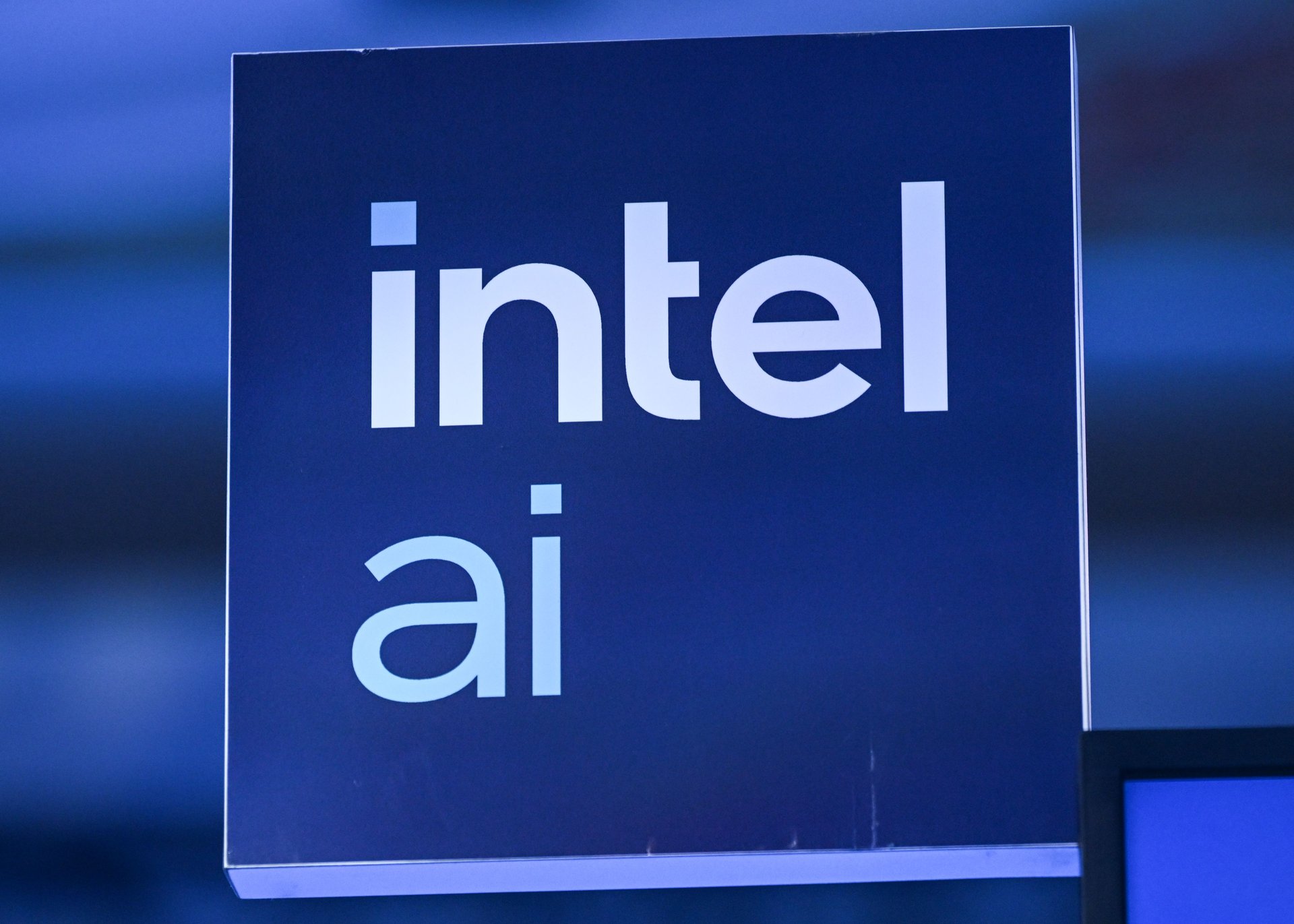Intel is spinning off its AI robotics unit with a $50 million funding round
Intel spinoff RealSense aims to "meet increased demand" for humanoid robots, as tech deepens its bet on automation

Getty Images / Nur Photo
Intel is separating its artificial intelligence-powered robotics and biometric division into a standalone business, as tech companies deepen their investments in automation.
Suggested Reading
The company, RealSense, officially launched Friday alongside a $50 million Series A funding round. MediaTek Innovation Fund and Intel Capital led the raise. The latter is the chipmaker’s venture capital unit, which Intel is also in the process of spinning out.
Related Content
Shares in Intel were down 2% on Friday morning.
RealSense said the capital will help it respond to "increased demand" for humanoid robotics — that is, robots that resemble the human form.
Launching the company as an independent entity “allows [us] to move faster and innovate more boldly to adapt to rapidly changing market dynamics as we lead the charge in AI innovation and the coming robotics renaissance,” said Nadav Orbach, who heads Intel’s innovation unit and will transition to CEO of RealSense. Orbach also boasted about building on the Intel unit's "leadership position in 3D perception in robotics."
Investors and corporations are increasingly pouring money into "physical AI" as robotic capabilities evolve and AI hype persists.
The global humanoid robot market was valued at around $2.4 billion in 2023 and could grow to $66 billion by 2032, a 45% increase, according to Fortune Business Insights.
“Those who are insightful or who listen carefully will understand that Optimus [Tesla’s humanoid] ultimately will be worth more than the car business and worth more than full self-driving. That’s my firm belief,” Tesla’s CEO Elon Musk said in 2022. He also noted earlier this year that training Optimus will require ten times more computation than training electric vehicle AI and has suggested that Tesla should invest $5 billion into his AI startup, xAI.
Nvidia CEO Jensen Huang recently described robotics as the chipmaker’s biggest growth opportunity after AI during the firm’s annual shareholder meeting in June.
Intel, meanwhile, has been in restructuring mode after one of its toughest years on record. CEO Pat Gelsinger was forced to step down last year and Intel reportedly plans to reduce its workforce by 20% this year, with cuts already underway.
RealSense, originally created to explore 3D vision, released its first commercial product in 2015. Today, it employs around 130 people across offices in the U.S., Israel, and China. Its technology is used by companies such as Eyesynth and Unitree Robotics to power autonomous machines, RealSense said in a statement.
